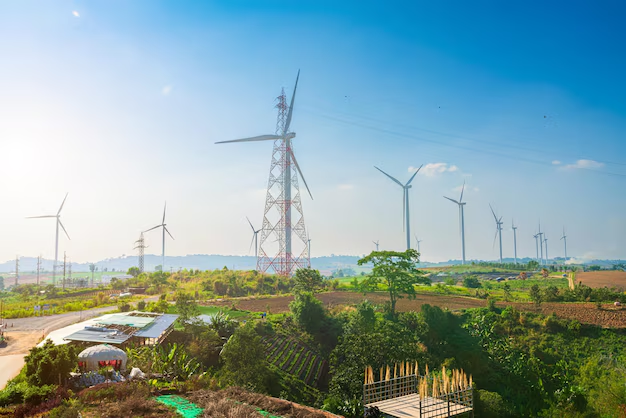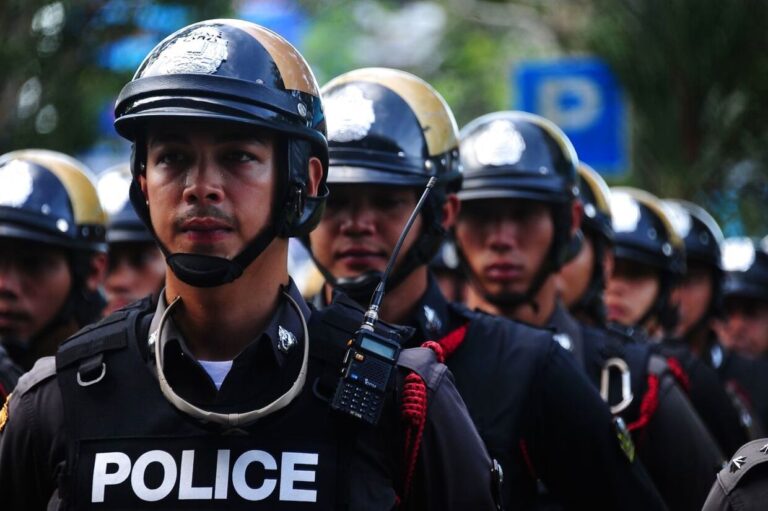Thai authorities have announced a reduction in light prices to 4.3 baht by the end of the year
The Thai Energy Policy and Planning Office (EPPO) believes it is likely that the government will be able to reduce the electricity tariff for all consumers to 4.3-4.4 baht per kWh by the end of the year. From May, the country will return to a flat rate of 4.7 baht per kWh for households and businesses, but this is still close to the historical high.

As Thailand does not have significant coal and natural gas reserves, its energy independence depends on the development of renewable energy sources. The country’s electricity tariffs are reviewed every four months, with different rates for households and businesses. The current household tariff is 4.72 baht per kilowatt hour, a record high. For businesses, the rate is also high, reaching 5.33 baht per kilowatt hour. From 1 May to the end of August, the tariff for all consumers will be set at 4.7 baht.
The increase in the cost of electricity in Thailand has been caused by the rise in global energy prices, which is linked to the start of hostilities between Russia and Ukraine in February 2022. Sanctions and military conflicts have led to a sharp increase in energy prices, and in Thailand, much of the electricity is generated from imported raw materials.
Now, after a year of conflicts, global energy prices have started to decline and the Energy Policy and Planning Office (EPPO) is considering adjusting electricity tariffs for Thai consumers. An important positive factor is the increase in Thailand’s own gas production. PTT plans to significantly increase daily supplies from the Erawan field in the Gulf of Thailand by mid-2023.
According to data presented in a 29 April article in the Bangkok Post, the structure of the Thai electricity market is as follows:
57% is owned natural gas-fired generation;
19% – coal-fired captive generation;
9% – own generation from renewable sources;
15% – import of electricity from neighbouring countries.
Natural gas and coal for Thai power plants are mainly imported, as the country’s own reserves are not sufficient to meet all needs, especially given the active export of Thai goods abroad.







